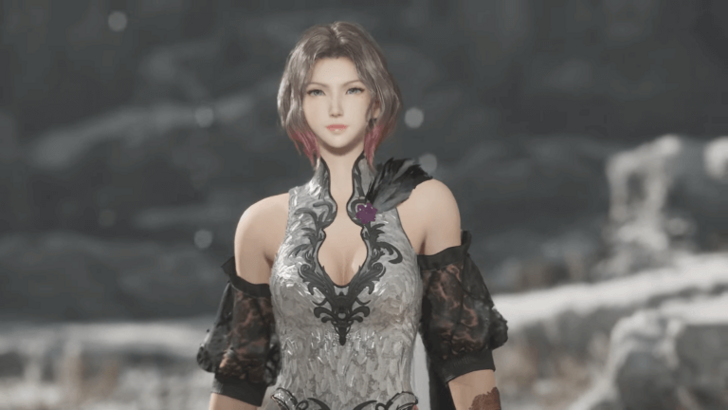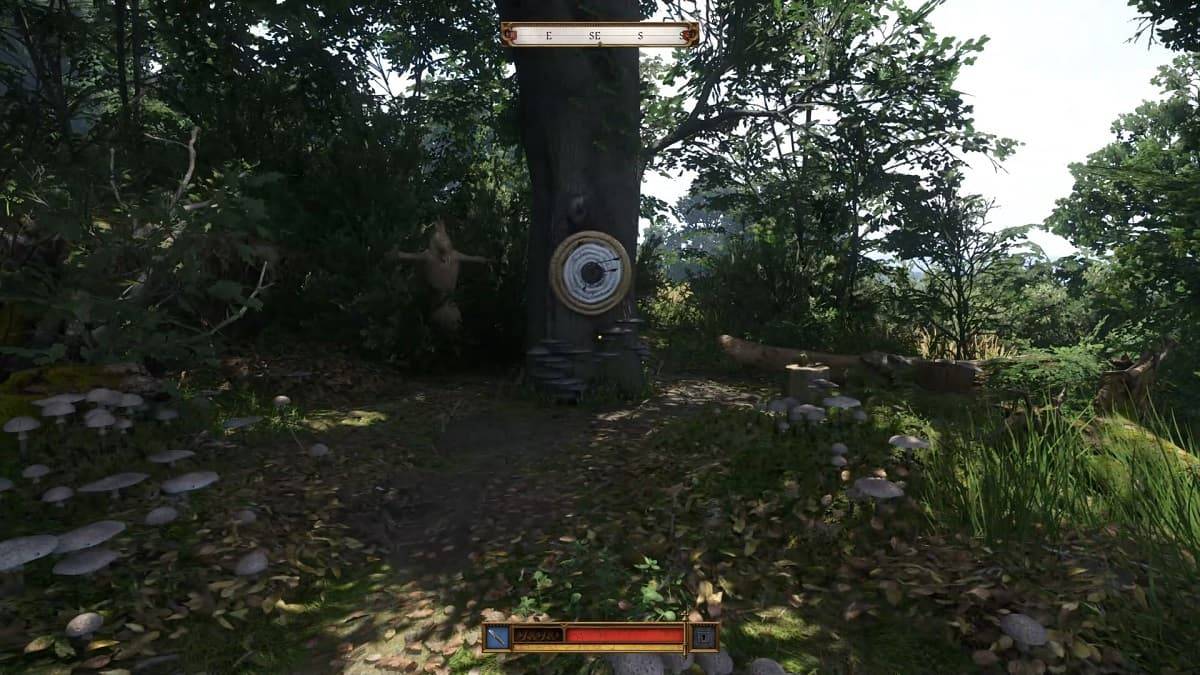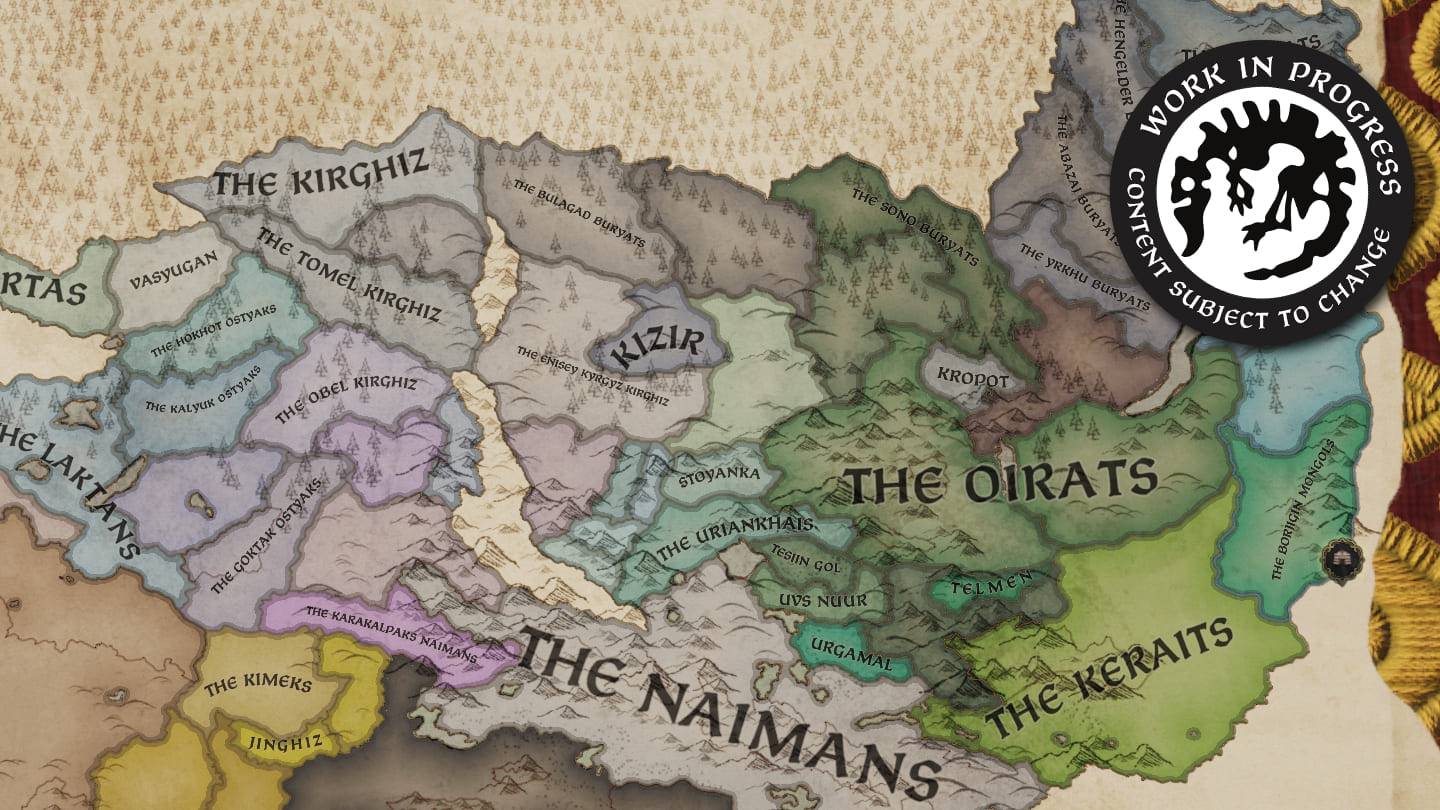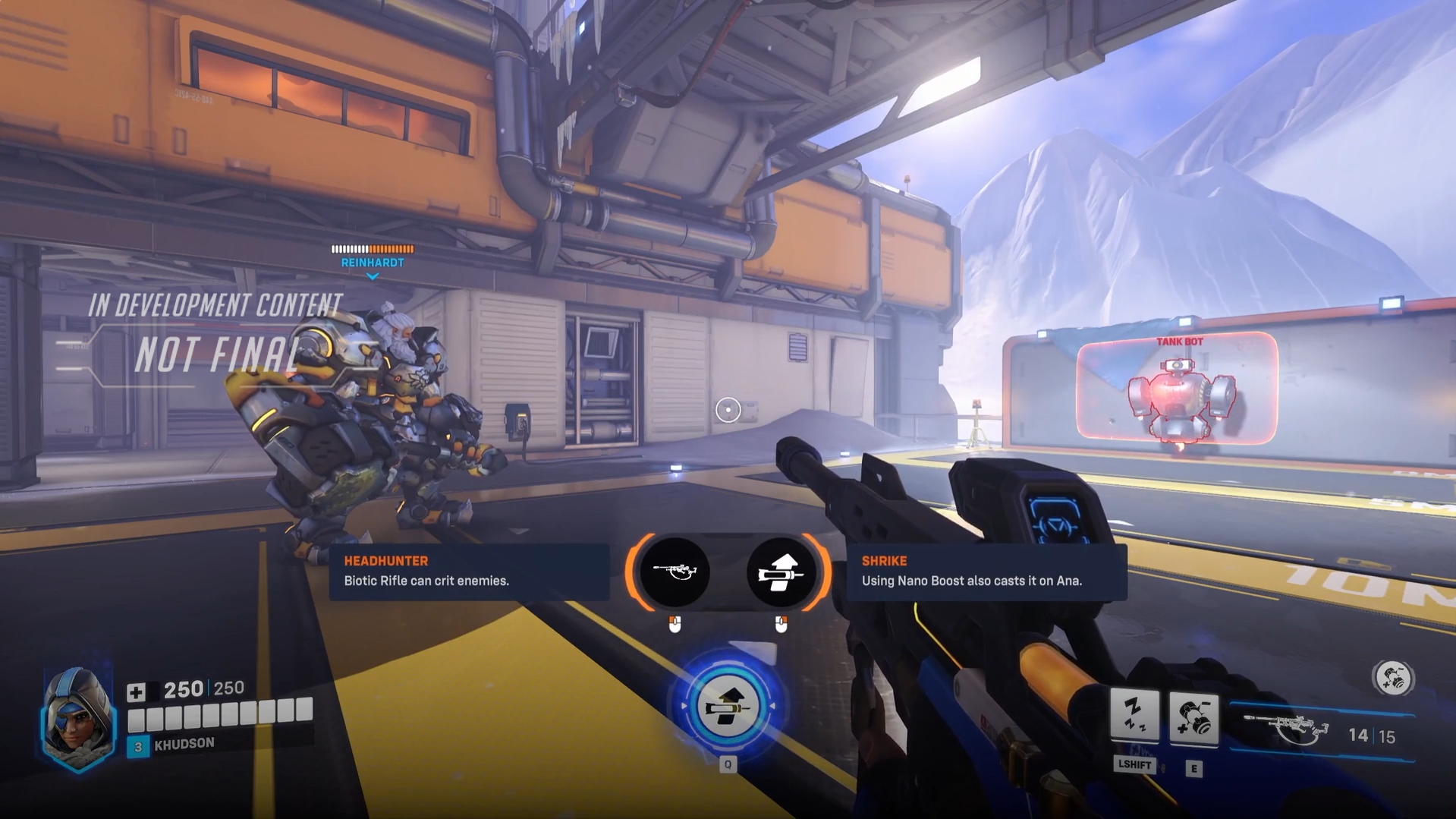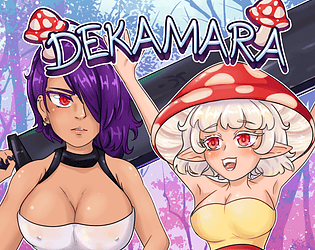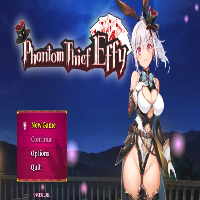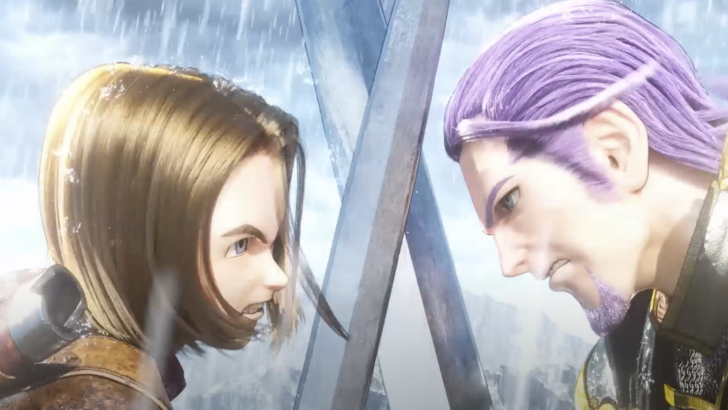
RPG veterans Yuji Horii and Katsura Hashino, directors of Square Enix's “Dragon Quest” and Atlus' “Metaphor: ReFantazio,” discuss the use of silent protagonists in video games amid advancing technology and the shifting landscape of game development.
Dragon Quest Creator Discusses Modern Challenges of Silent ProtagonistsSilent Protagonists Appear Increasingly Inappropriate in Modern Games
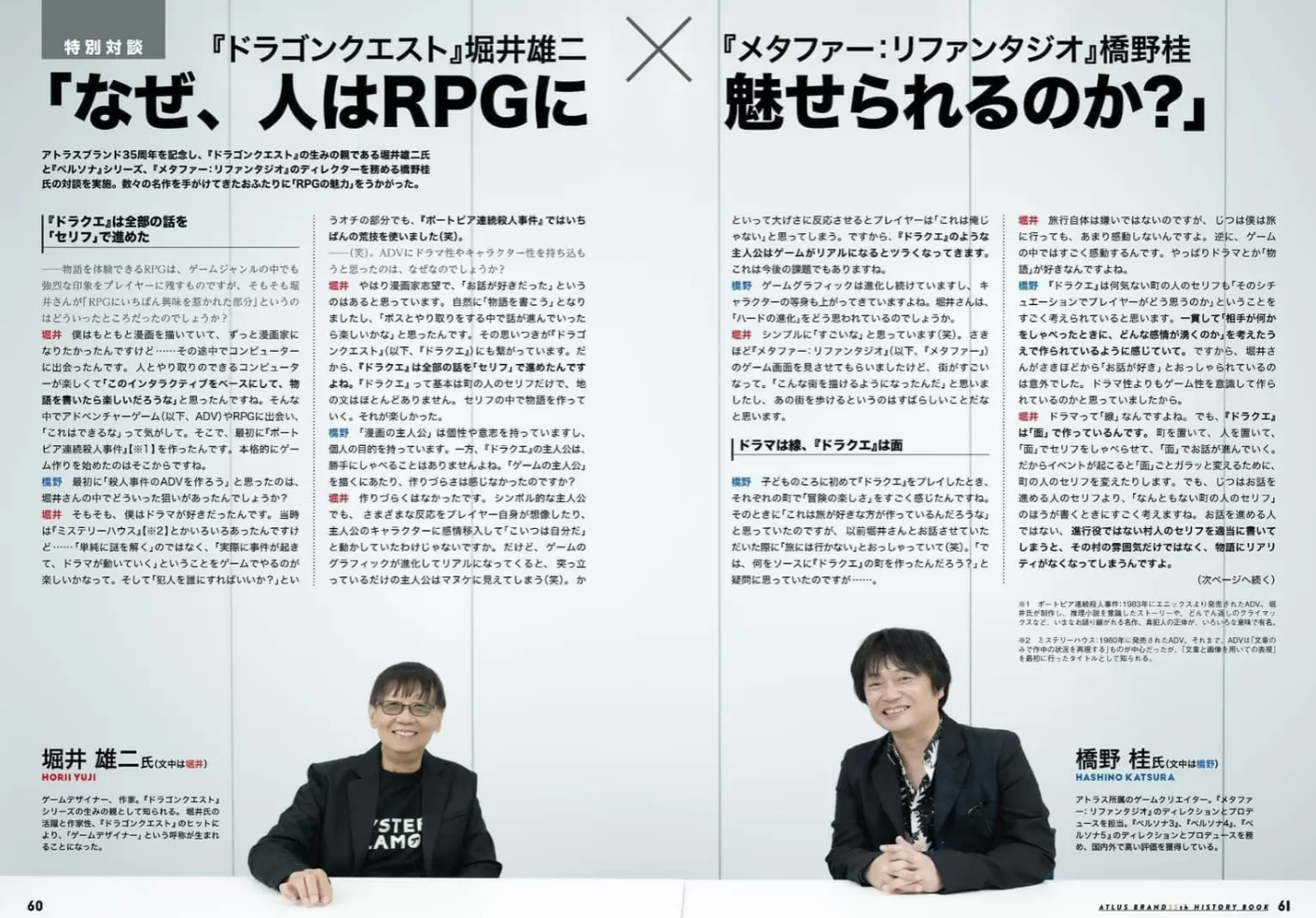
image (c) Den Faminico Gamer
Yuji Horii, the creator of the celebrated Dragon Quest RPG series, discussed RPGs with Katsura Hashino, director of Atlus’ forthcoming RPG, Metaphor: ReFantazio. This conversation was included in a recently released excerpt of an interview from the "Metaphor: ReFantazio Atlas Brand 35th Anniversary Edition" booklet. The RPG creators examined diverse aspects of storytelling in this specific video game genre, including the difficulties faced by franchises like Dragon Quest as video game visuals become more lifelike.
A key element of the Dragon Quest series is its use of a silent protagonist, or as Horii termed it, “the symbolic protagonist.” Using silent protagonists enables players to imbue the main character with their own feelings and responses, potentially enhancing one's engagement with the game's world. These silent characters generally act as surrogates for the player, interacting with the game world mainly through dialogue choices instead of spoken words.
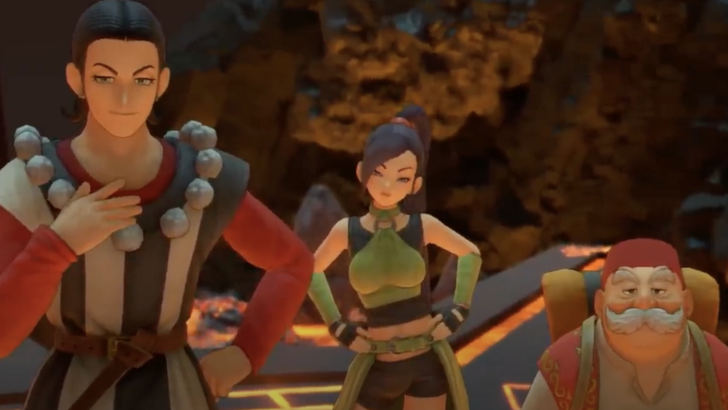
Horii explained that due to the simpler visuals of earlier games, which didn't depict detailed character expressions or animations, using silent protagonists was easier and logical. "As game graphics evolve and become increasingly realistic, if you make a protagonist who just stands there, they will look like an idiot," Horii remarked jokingly.
Horii mentioned he initially aimed to be a manga artist, and stated that his love for storytelling and fascination with computers led him to the video game industry. Dragon Quest was ultimately a product of Horii's passions, along with the game's premise of story advancement through game boss interactions. "Dragon Quest basically consists of dialogue with townspeople, with very little in the way of narration. The story is created using the dialogue. That’s what’s fun about it," he explained.
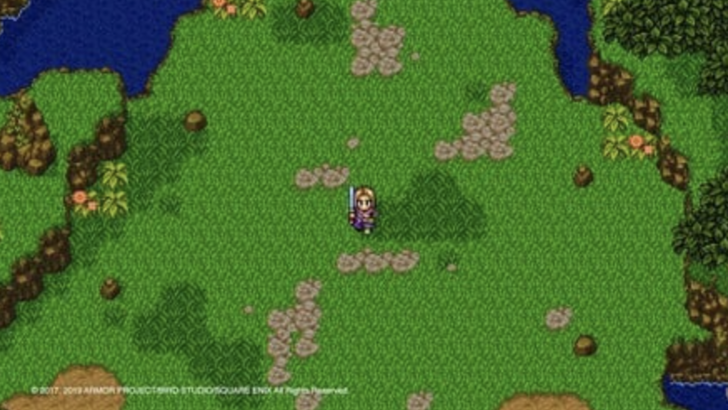
Horii acknowledged the difficulties of maintaining this approach in contemporary games, where lifelike graphics can make a non-reactive protagonist feel out of place. In the early days of Dragon Quest, the simplistic graphics of the Nintendo Entertainment System (NES) era meant that players could readily envision their own emotions and responses filling the gaps left by the silent protagonist. However, as games' visuals and audio—along with other factors—become more elaborate, Horii conceded that silent protagonists become increasingly hard to portray.
"That’s why, the kind of protagonist featured in Dragon Quest becomes increasingly hard to portray as games become more realistic. This will be a challenge in the future too," the creator concluded.
Metaphor ReFantazio Director Believes Dragon Quest Prioritizes Players' Feelings
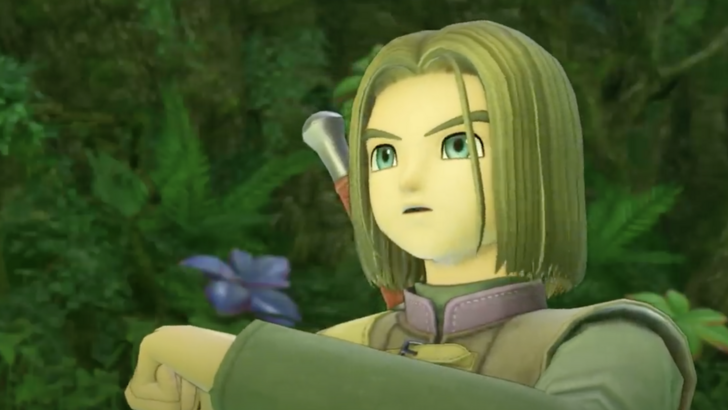
Dragon Quest is one of the few major RPG franchises that continues to feature a silent protagonist, who, apart from making a few reactive sounds, remains mute throughout the game. On the other hand, other RPG franchises like Persona have incorporated voiced lines for their protagonists during battles and cutscenes, notably since Persona 3. Meanwhile, Hashino's upcoming game, Metaphor: ReFantazio, will boast a fully voice-acted protagonist.
While the Dragon Quest creator reflected on the limited emotional impact of silent protagonists in modern games, Hashino praised Horii for the unique and emotionally resonant experience the game provides. "I think Dragon Quest puts a lot of thought into how the player will feel in a given situation," Hashino told Horii, "even when it's to do with an ordinary townsperson. I feel like the games are consistently crafted with the player in mind, considering what emotions will arise when someone speaks."






 LATEST ARTICLES
LATEST ARTICLES 